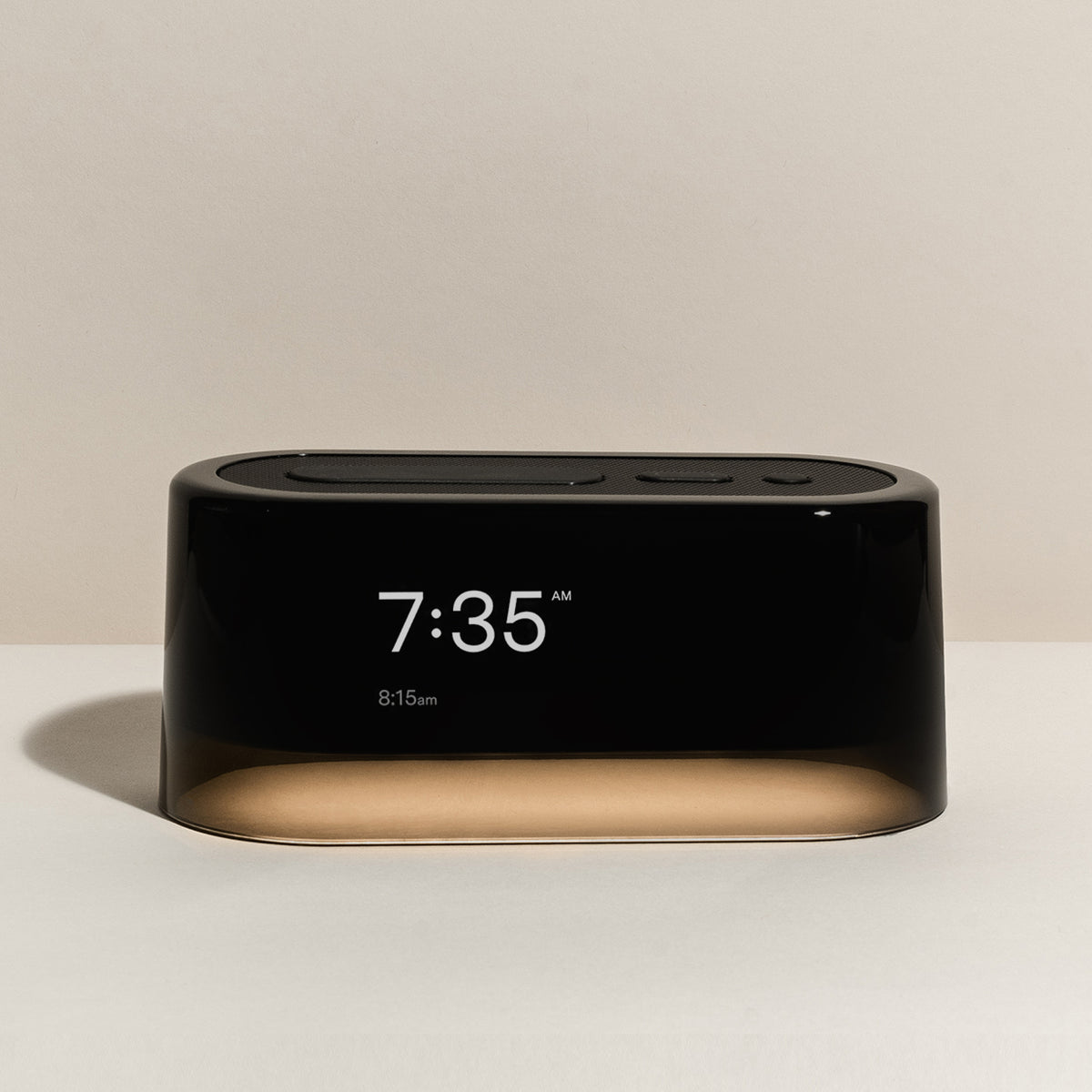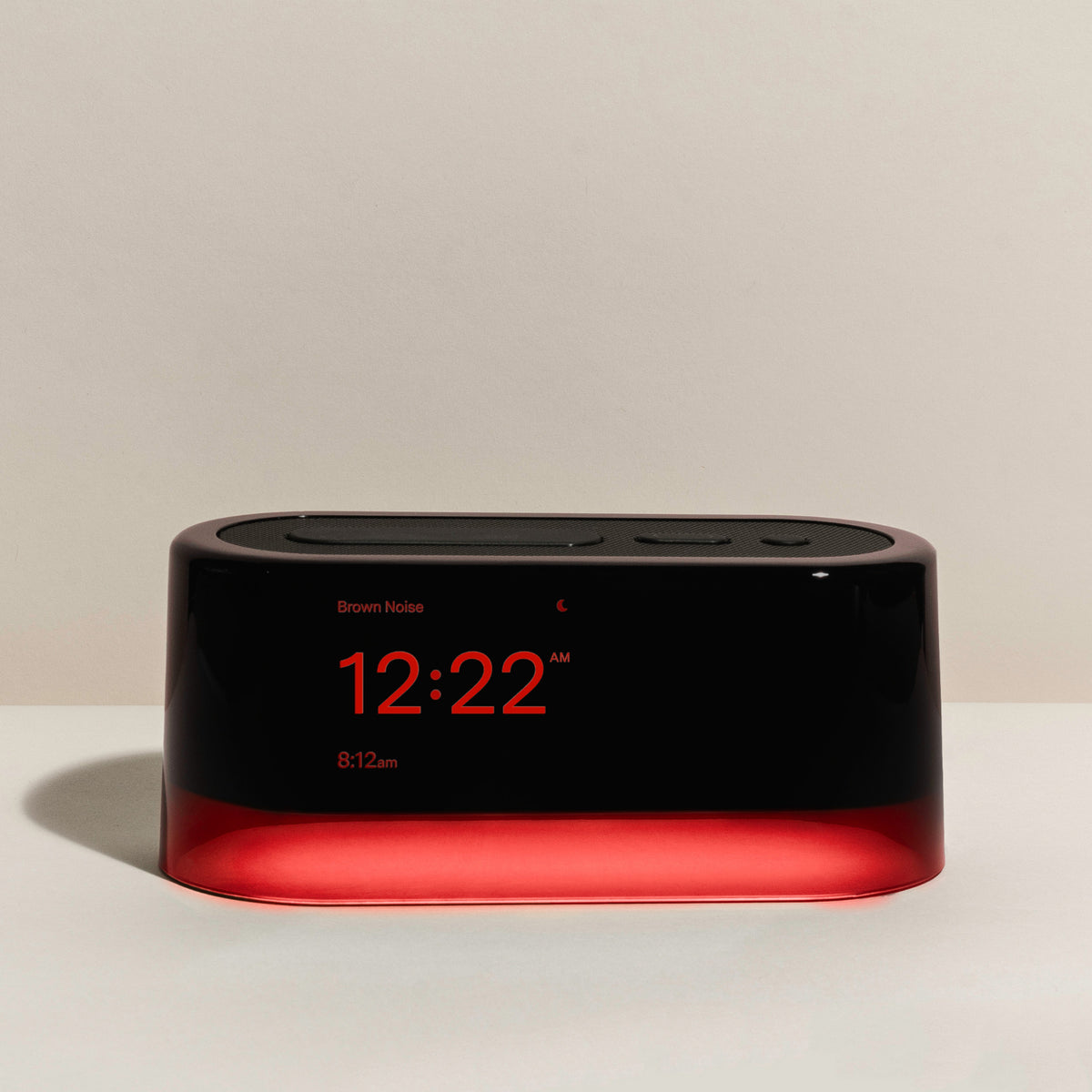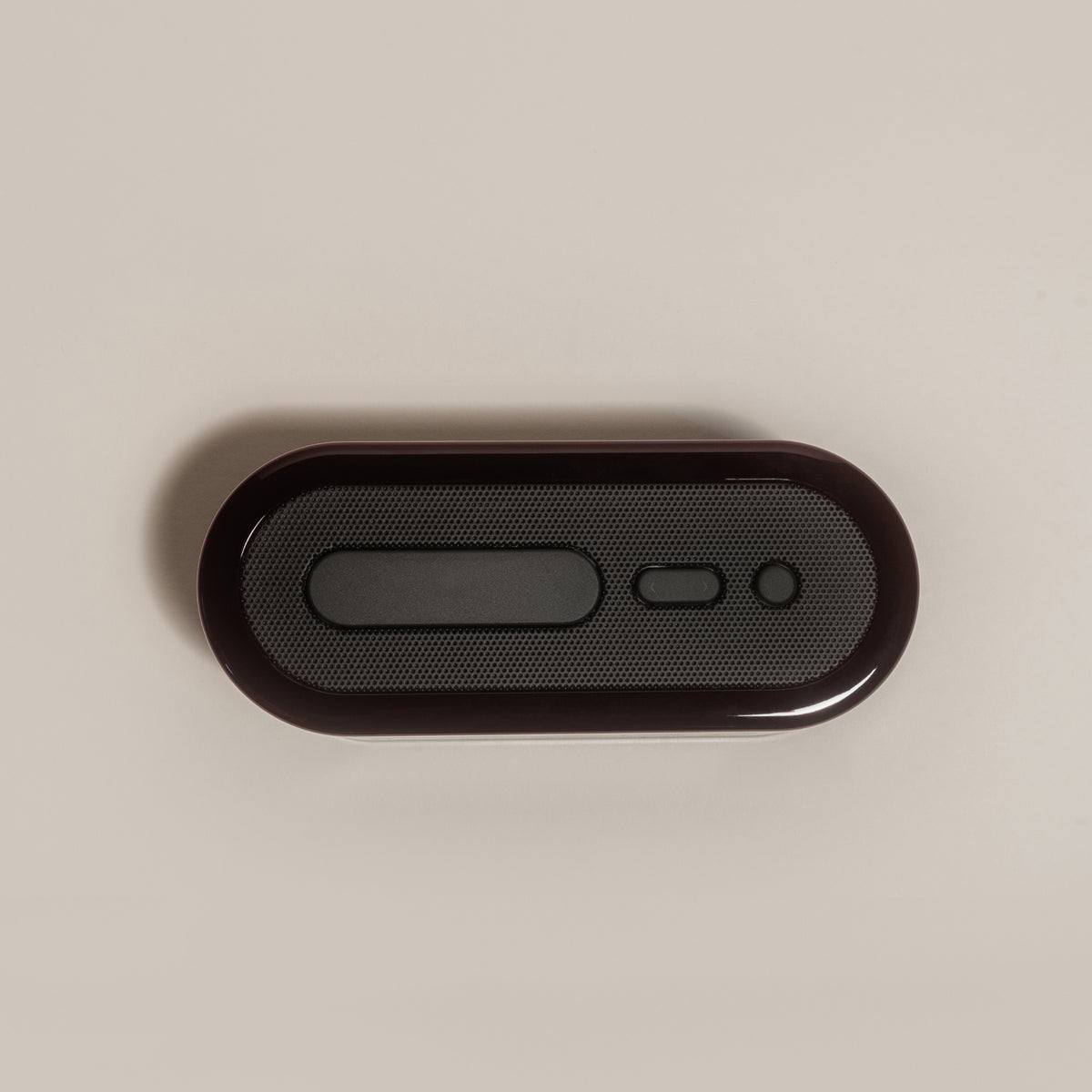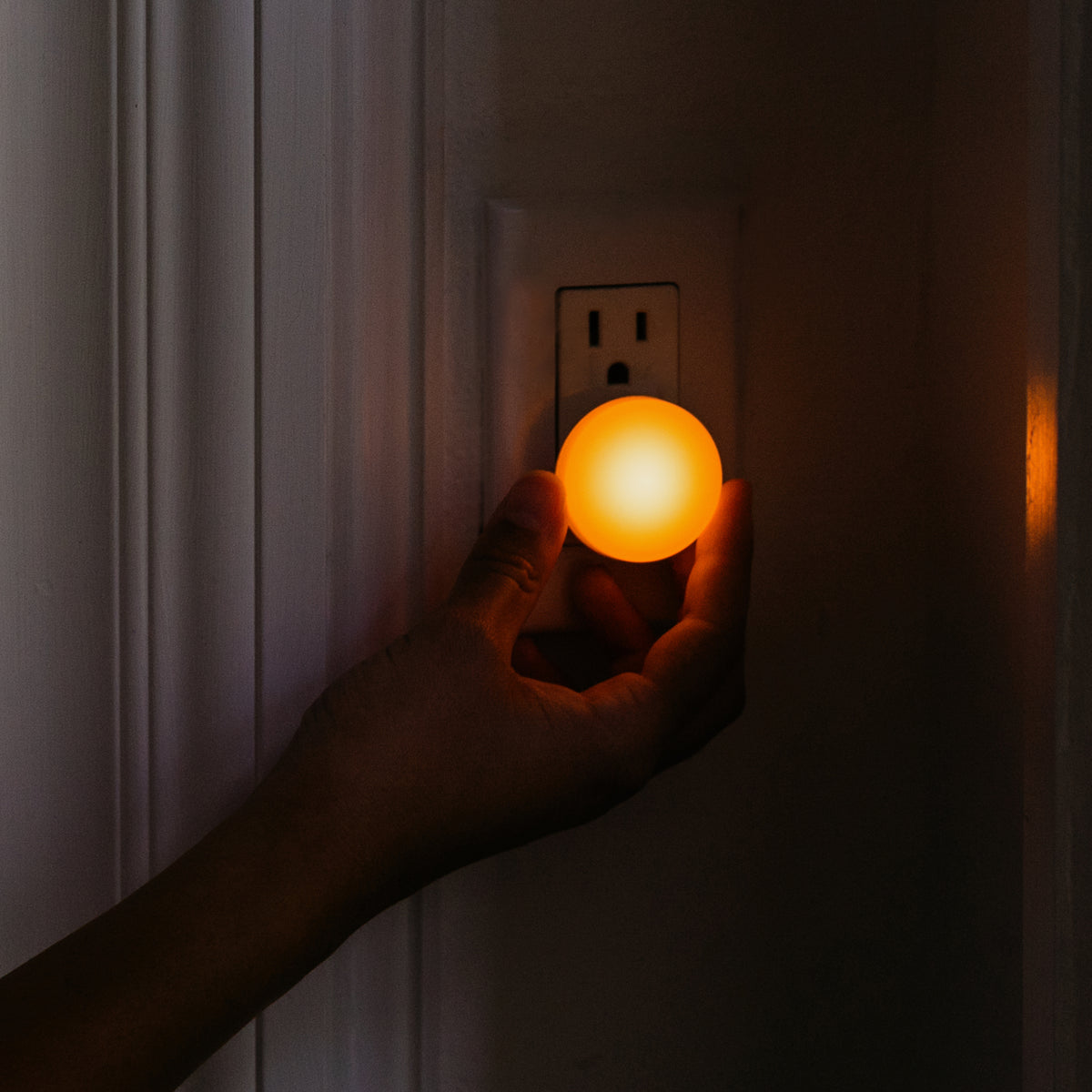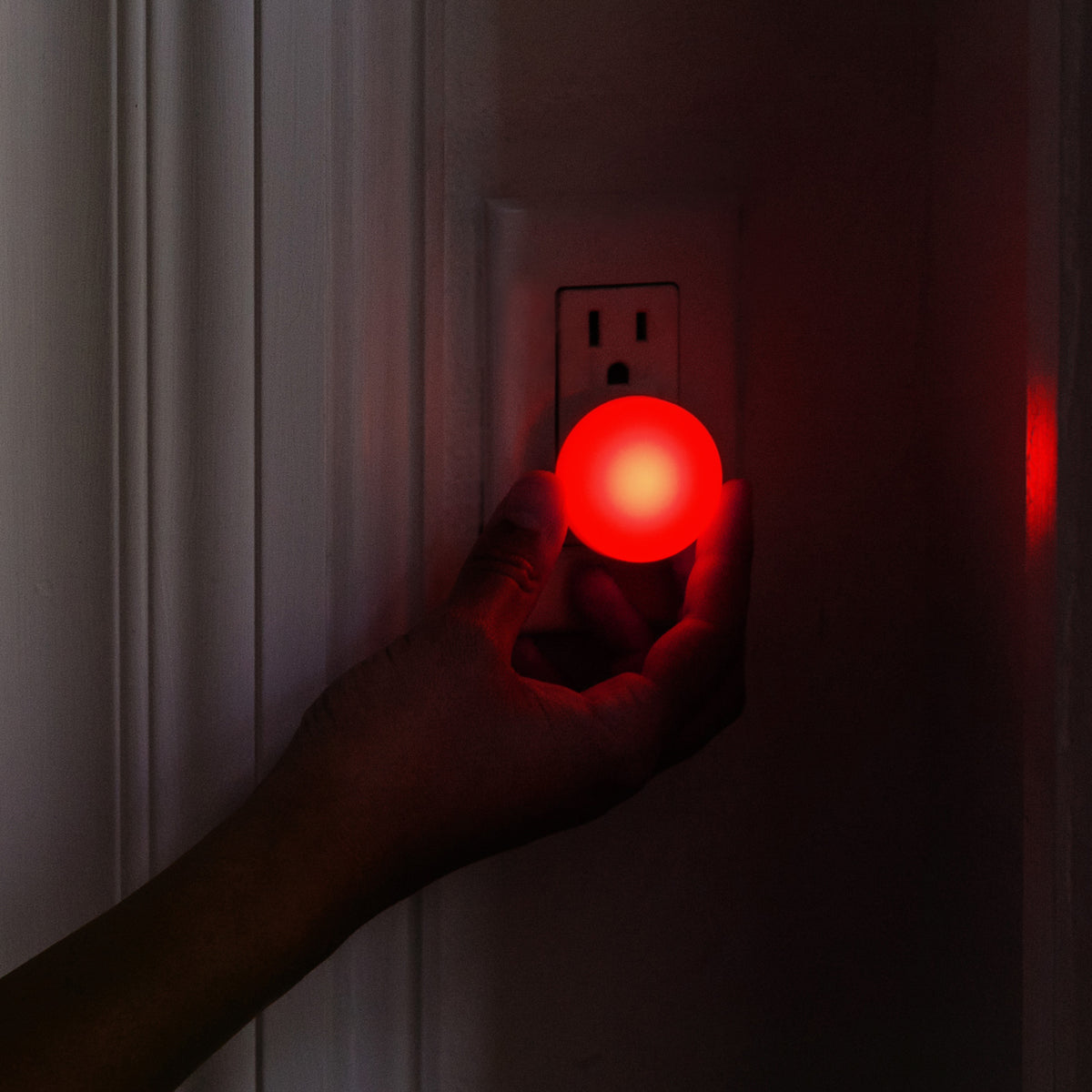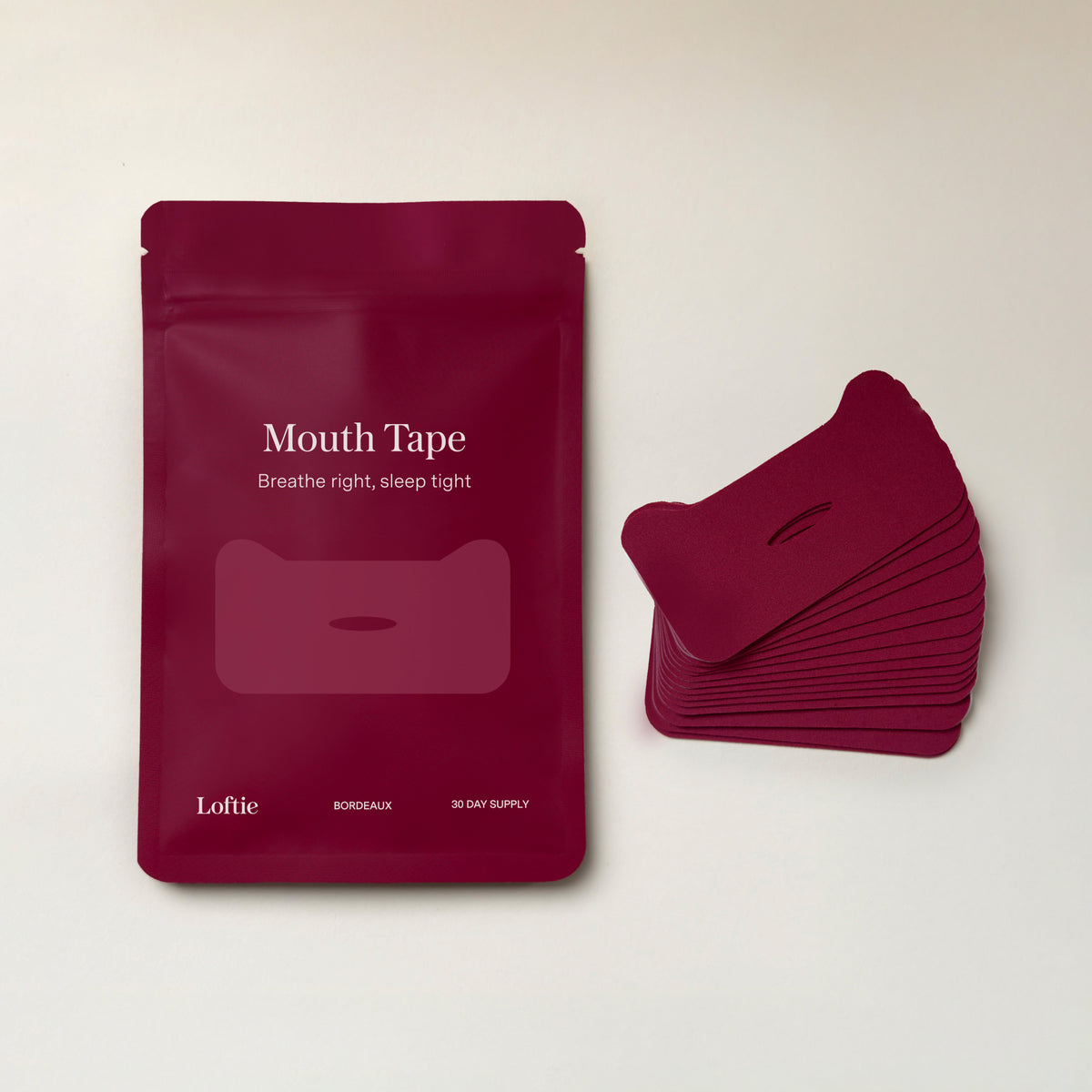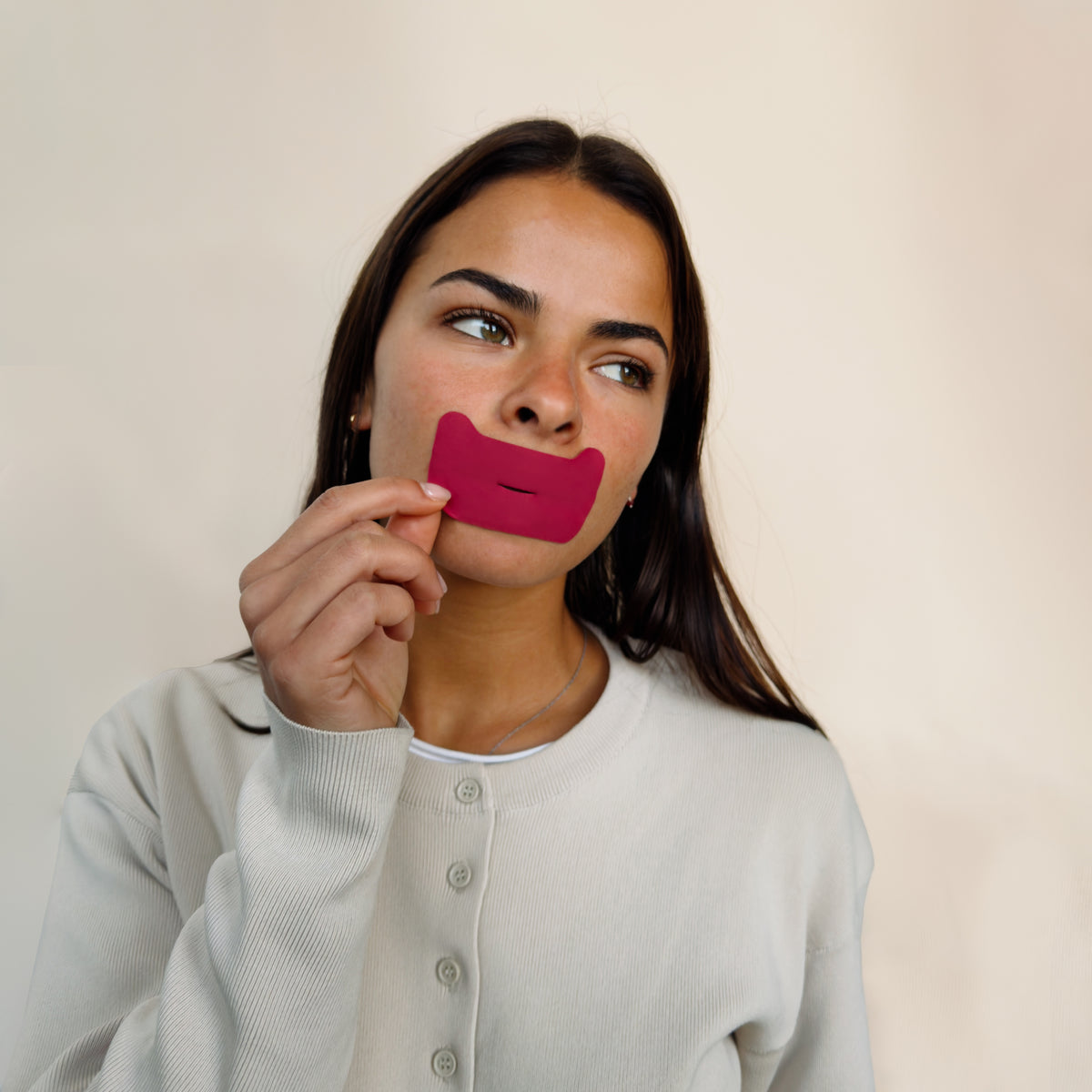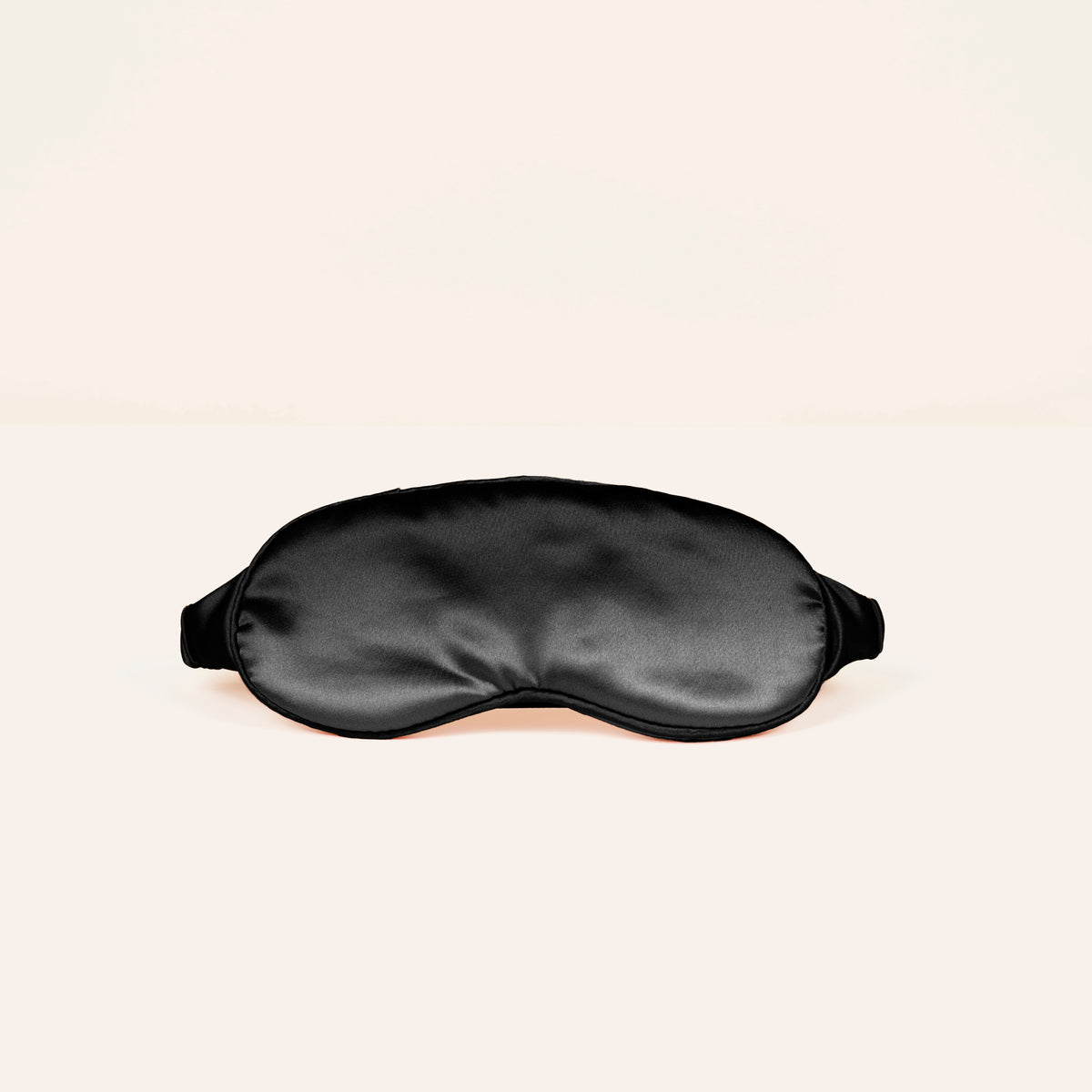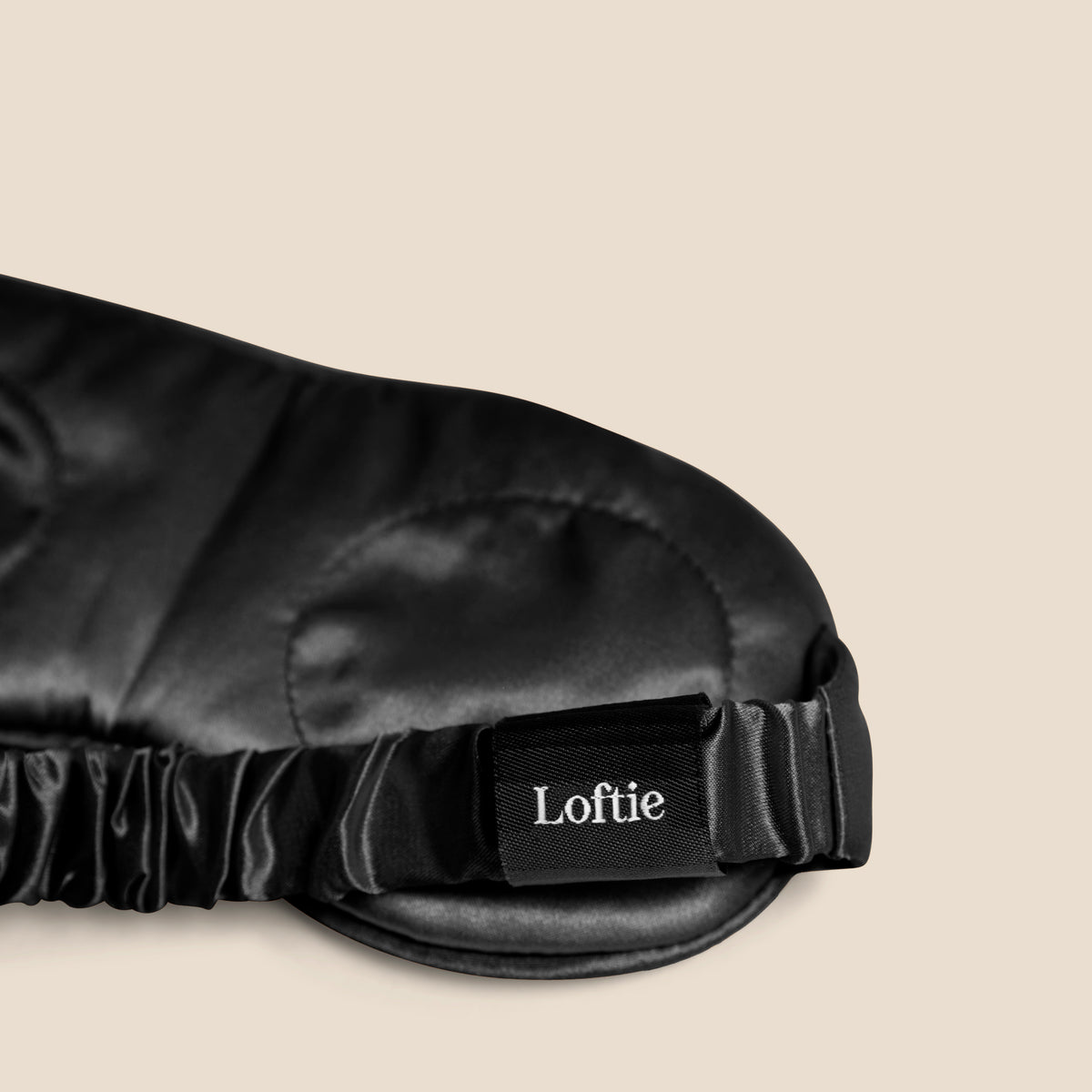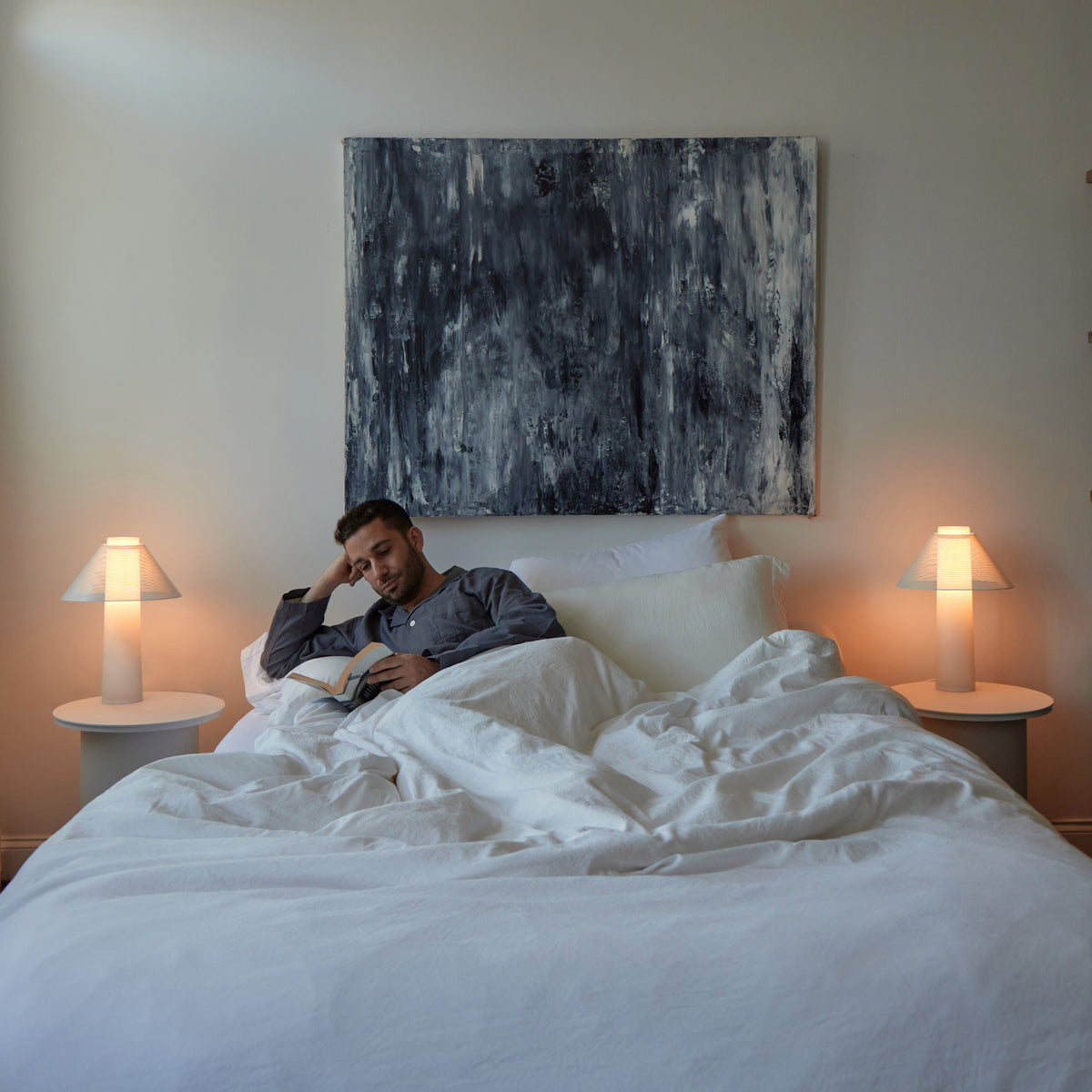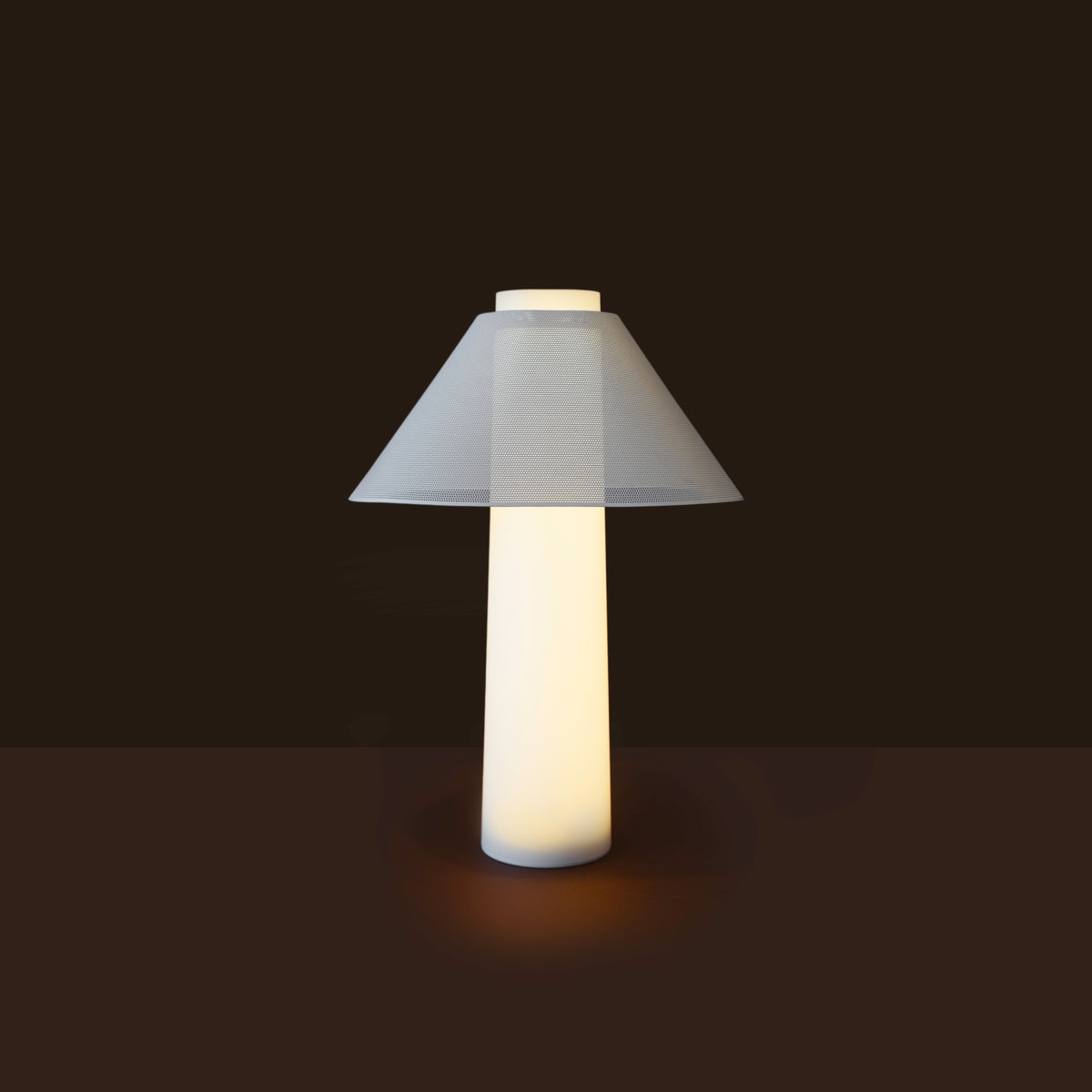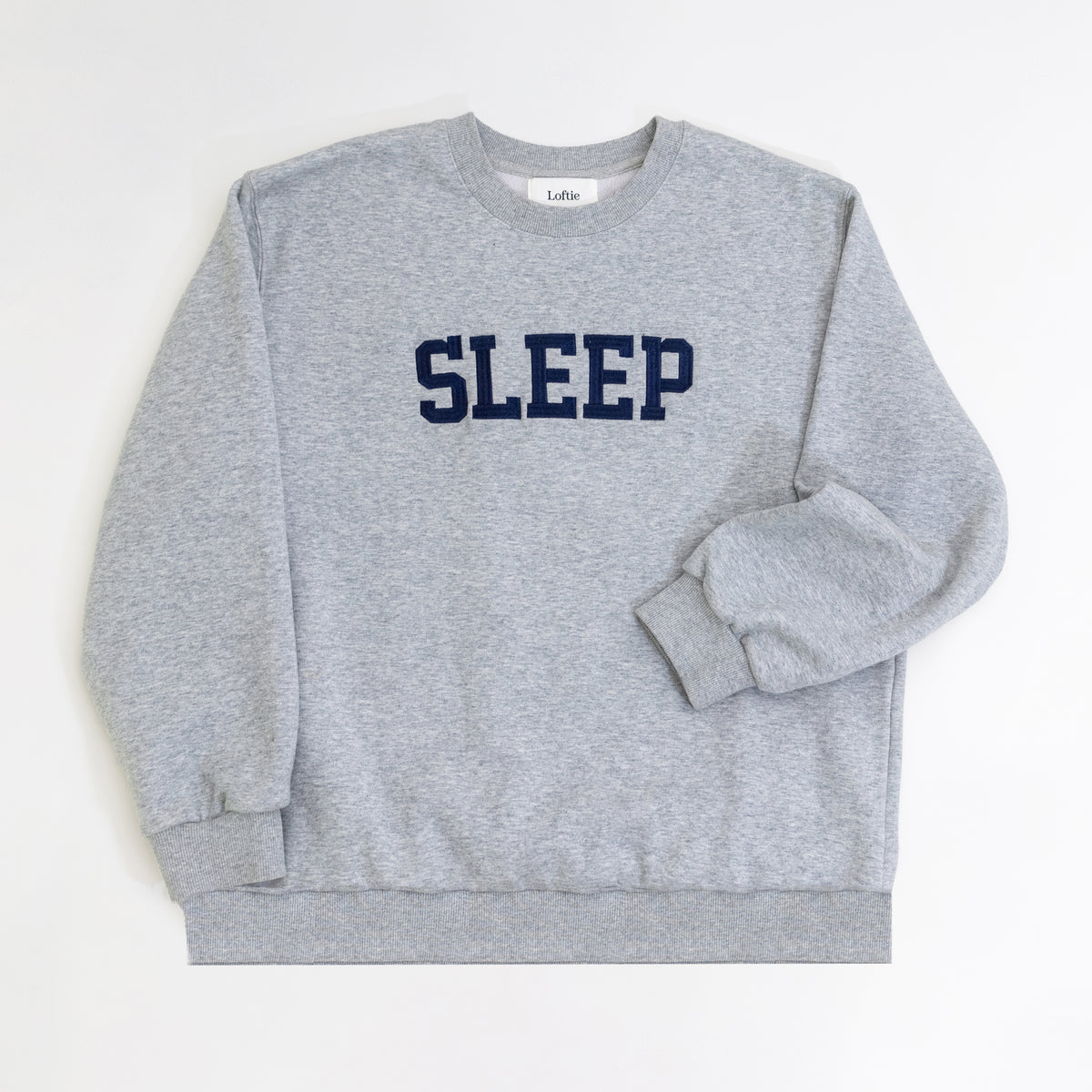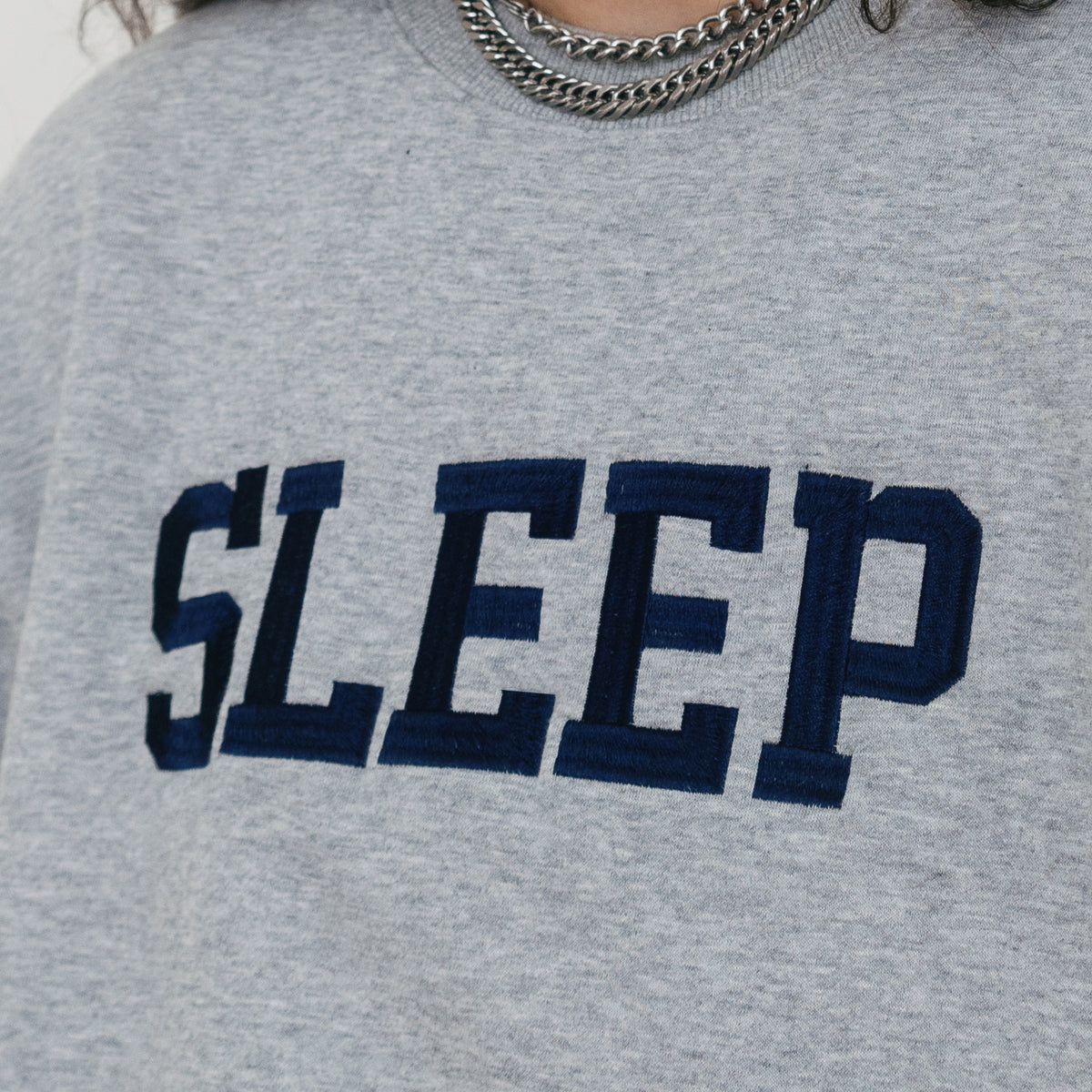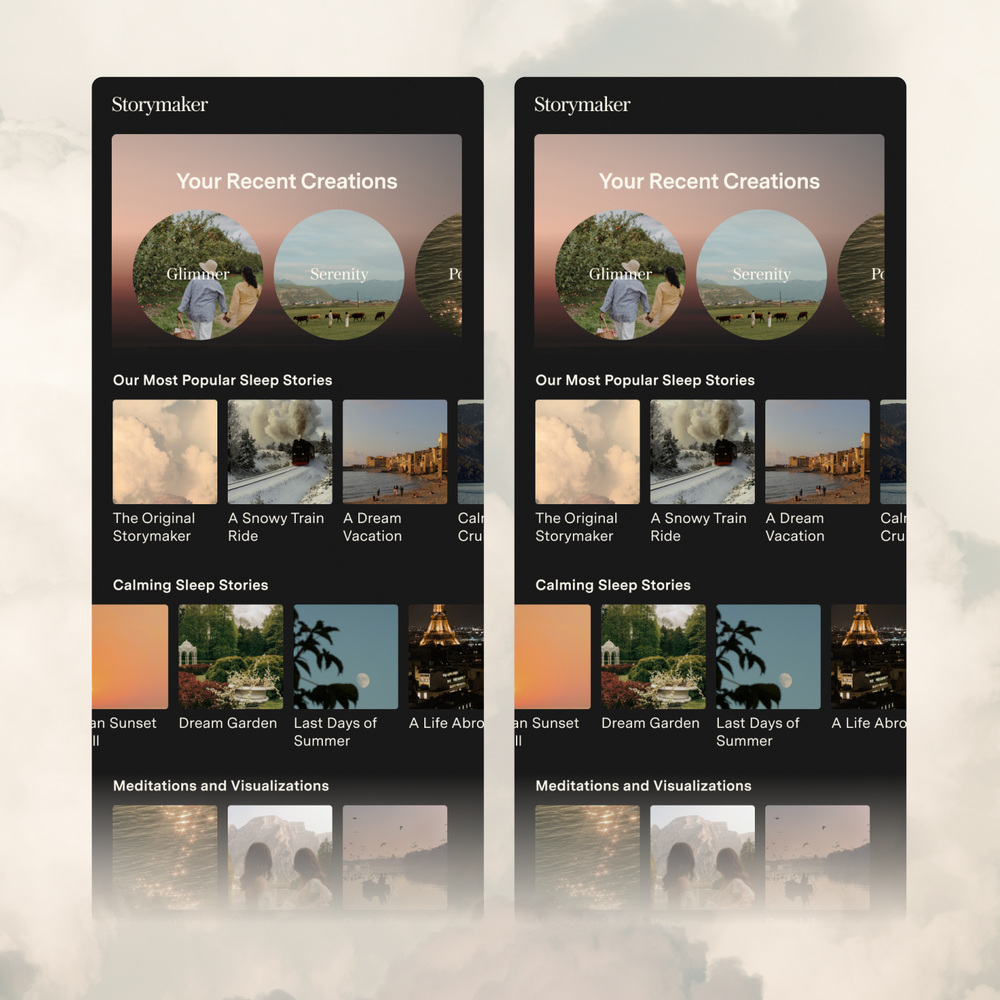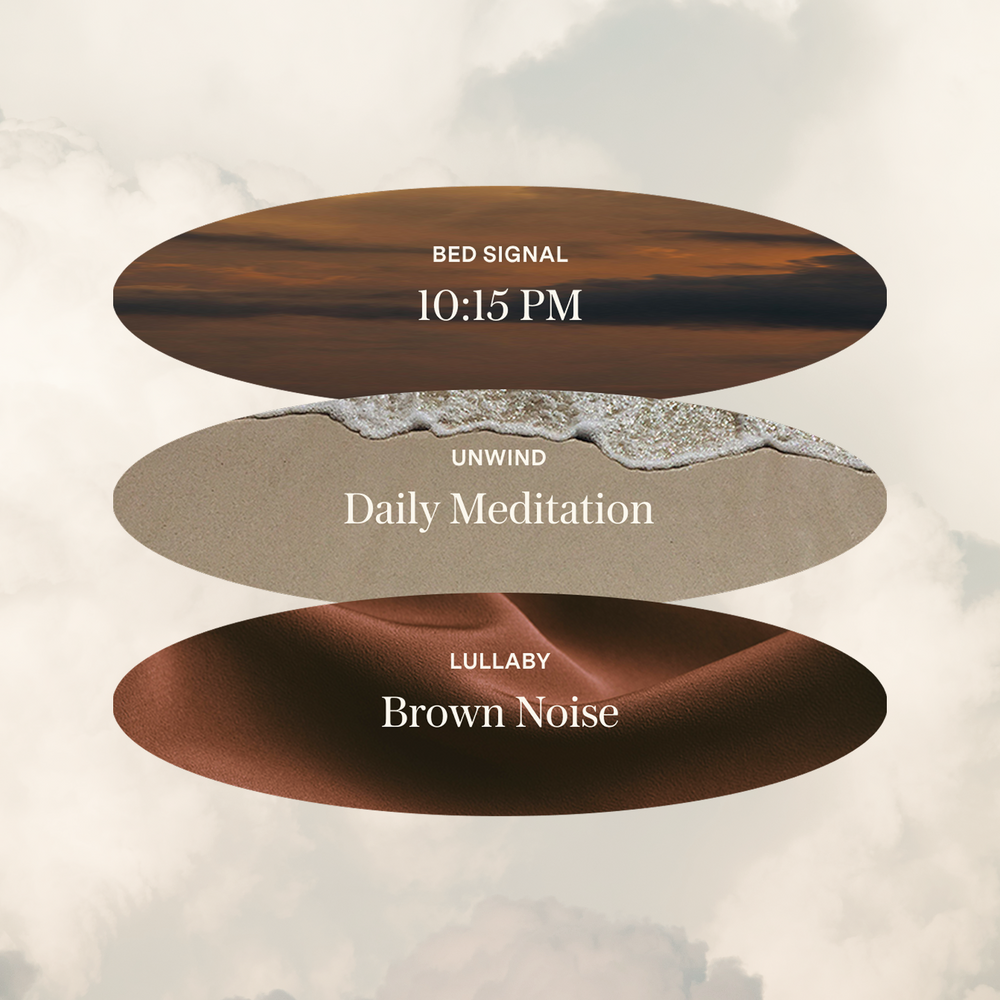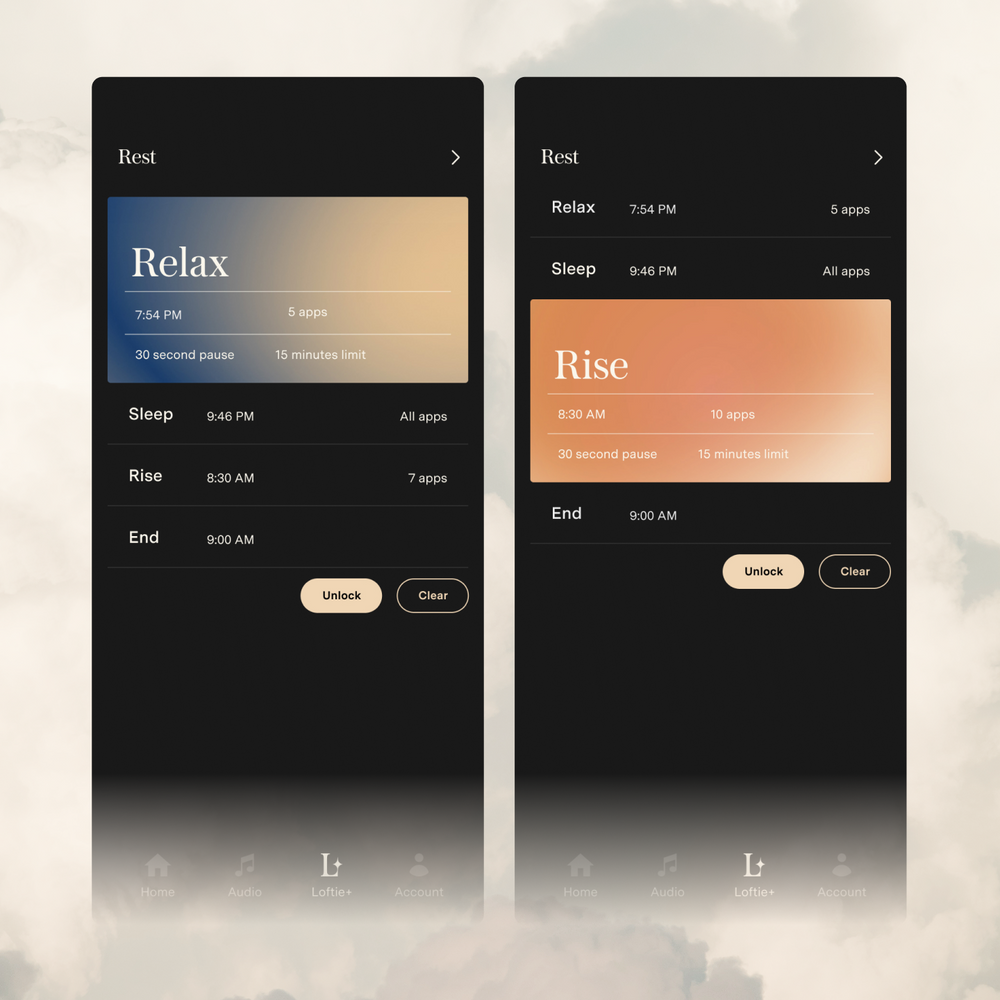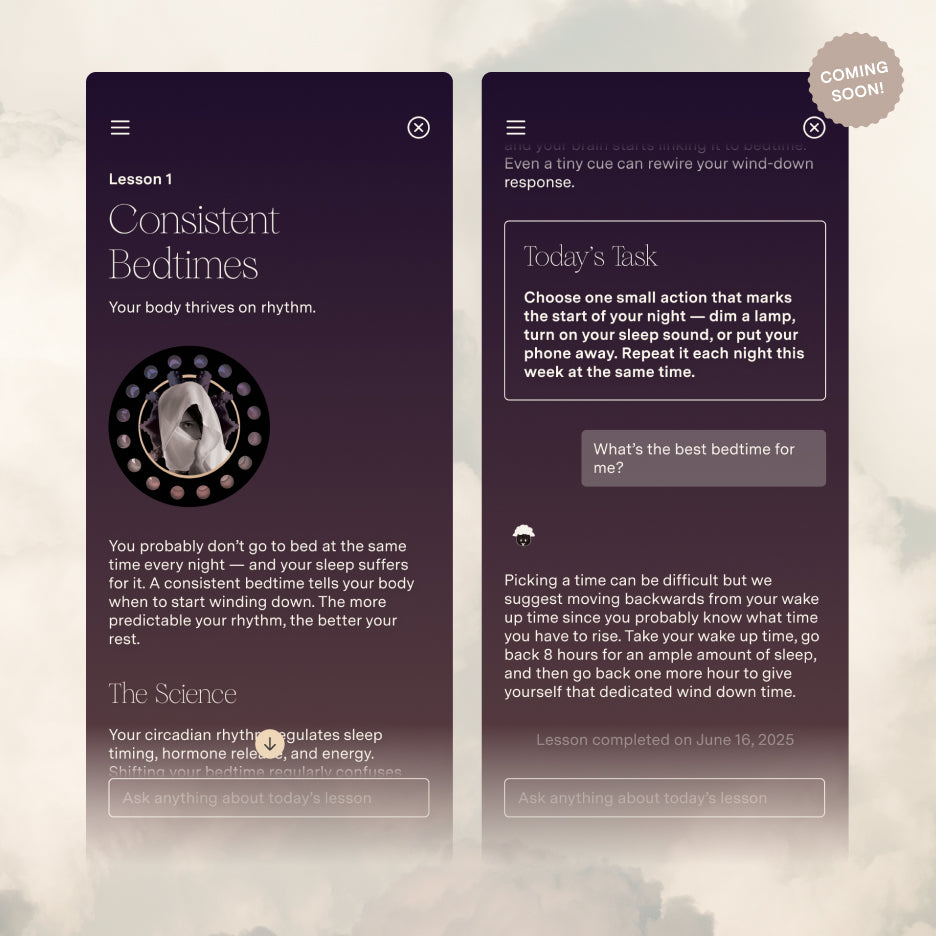I think we can all agree that naps feel great. Who amongst us doesn’t love dozing off on a hot summer Friday afternoon? Or squeezing in a quick siesta while on vacay? But people who have heard about the importance of sticking to a regular sleep schedule often ask ‘Are naps healthy?’
According to the experts: Yep.
Charlene Gamaldo, M.D., medical director of Johns Hopkins Sleep Disorders Center, says, “I consider napping to be a good thing, but it needs to be taken in the context of the person and his or her own sleep cycles and body.”
So, what is the best way to nap?
The best way to take a nap is to catch those extra ZZZs halfway between your wake-up call and bedtime. For most adults, an afternoon snooze is best between 1 and 4 p.m. when our bodies naturally want to rest. Experts say it’s normal for sleepiness to kick in seven to nine hours after our wake-up time, hitting right at that mid to late afternoon window. Whatever time that might land for you, space it out so that you wake up from your nap at least three to four hours before tucking in at night so as not to interrupt your regular sleep pattern.
But all naps are not created equal. So, when are naps bad for you? When they make you feel bad. If you wake up more tired and groggy than when you curled up, it means you’ve slept too long and too deeply.
That’s where the power nap (or catnap, if you’re feeling more feline) comes into play. The best way to power nap is to keep it short - no longer than 20 minutes, achieving Stage II sleep but cutting off before deep sleep sets in. The results? A quick and effective way to revitalize you without feeling groggy after.
Other benefits of short naps include boosting your memory, critical thinking skills and overall energy level. In fact, one study by Oxford Academic found that shorter catnaps are the most effective type of nap, as opposed to longer one to two hour disco naps (named for the practice in the ‘70’s of sacking out in the afternoon to prep for a long night of boogying).
The final say on catnaps? They’re resoundingly a great way to get a boost, just be sure you’ve got an alarm clock that eases back into consciousness so you wake refreshed to finish out the day.


